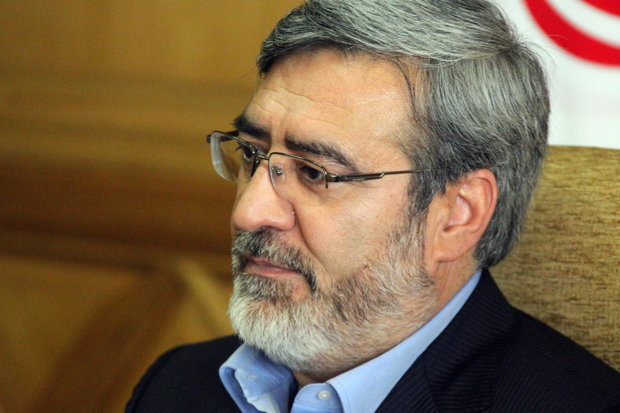Abdolreza Rahmani Fazli, who is also Secretary General of the Drugs Control Headquarters, made the remarks in his meeting with Executive Director of the UN Office on Drugs and Crime (UNODC) Yury Fedotov, on his first day in New York to attend the United Nations General Assembly Special Session (UNGASS) on Drugs.
“Up until now, the UN has failed to live up to its promises to aid Iran in fighting illicit drugs,” said rahmani Fazil, “the scope of their help in this regard so far has been the holding of regional sessions and funding the costs of the sessions, but Iran has no need for financial aid. What we need from the UN is the necessary facilities and equipment to combat drug trafficking, particularly detection dogs, which are considered as the basic needs and instruments for fighting illicit drugs.”
Rahmani Fazli maintained that Iran has always been one of the most effective and active countries in fighting drugs, saying Fedotov and others present in the meeting had highlighted Iran’s efforts and hailed the Islamic Republic as a country that has made 40% of discoveries related to drug trafficking.
He also added that the Iranian delegation laid special emphasis on more international cooperation for counteracting illicit drugs; many countries had refused to cooperate with Iran on eradicating drug trafficking under the pretext of sanctions.
“We told the other side that now that the sanctions are lifted and there is no obstacle for cooperation, we expect further and better cooperation from these countries,” said Rahmani Fazili.
“Iran, due to sharing borders with Afghanistan, which is the origin of production and transit of drugs, has paid the highest price in counteracting illicit drugs,” he said.
The Iranian side also called for holding a session headed by Iran at the UN Headquarters for regulating and organizing the ways for fighting drug trafficking and traffickers, so that agreements could be reached on obtaining intelligence on various transfer and delivery methods, heads of trafficking organizations, as well as necessary measures to combat this phenomenon.
MS/IRN82041002
























Your Comment